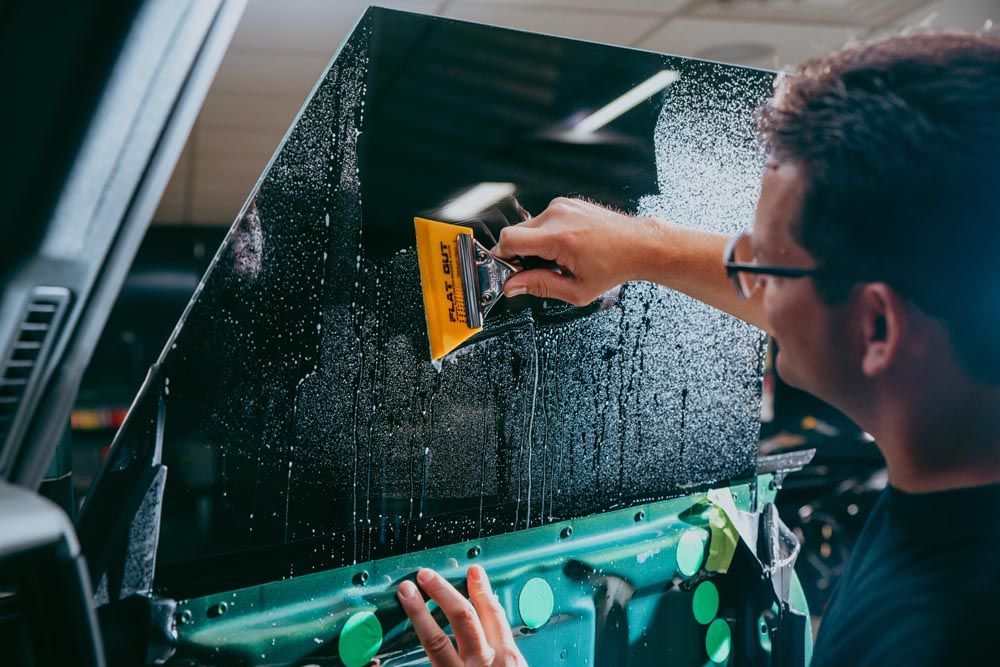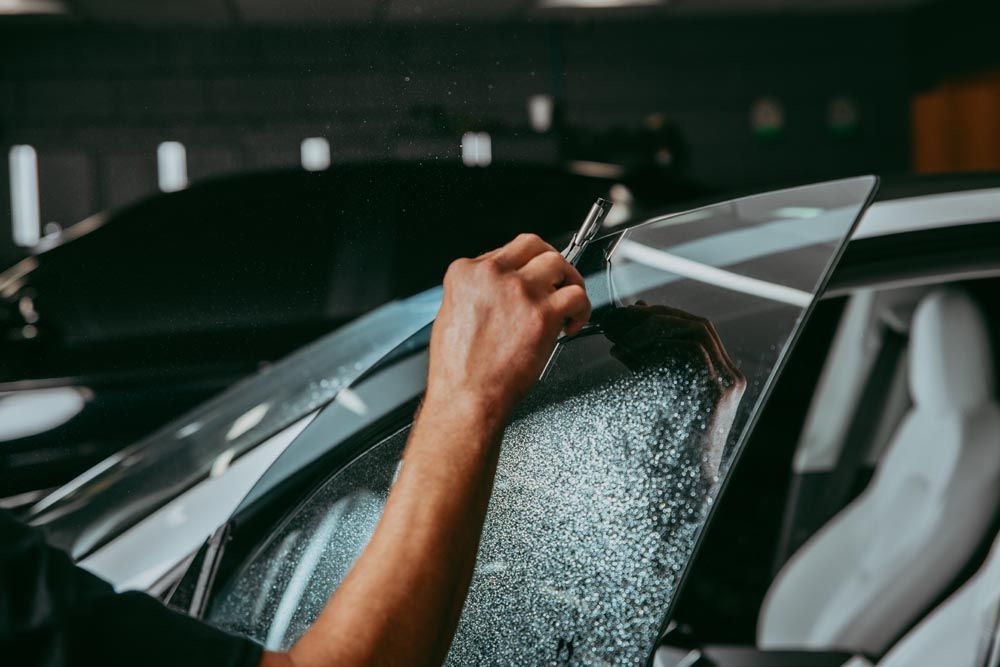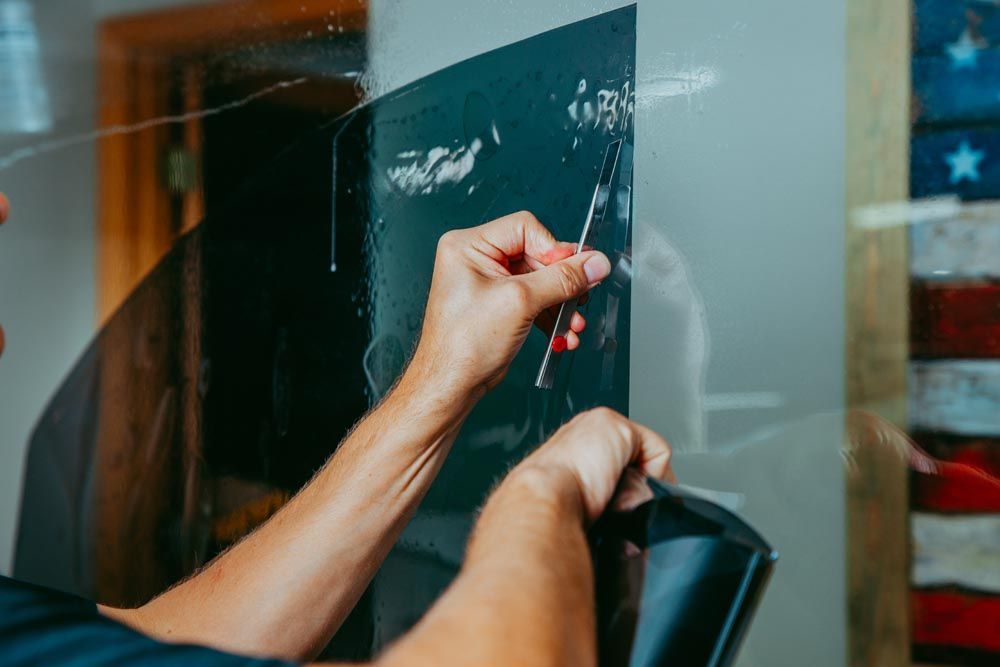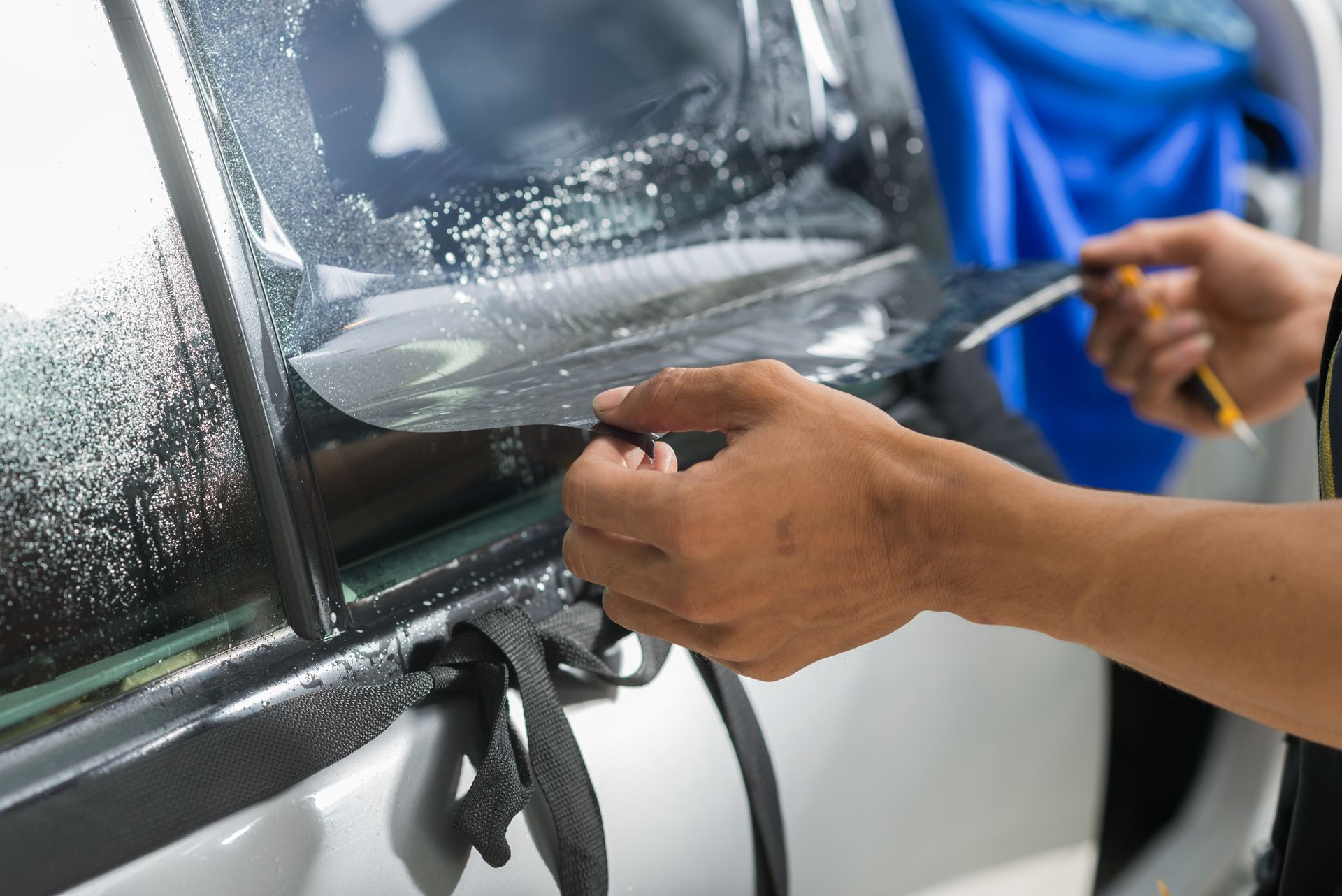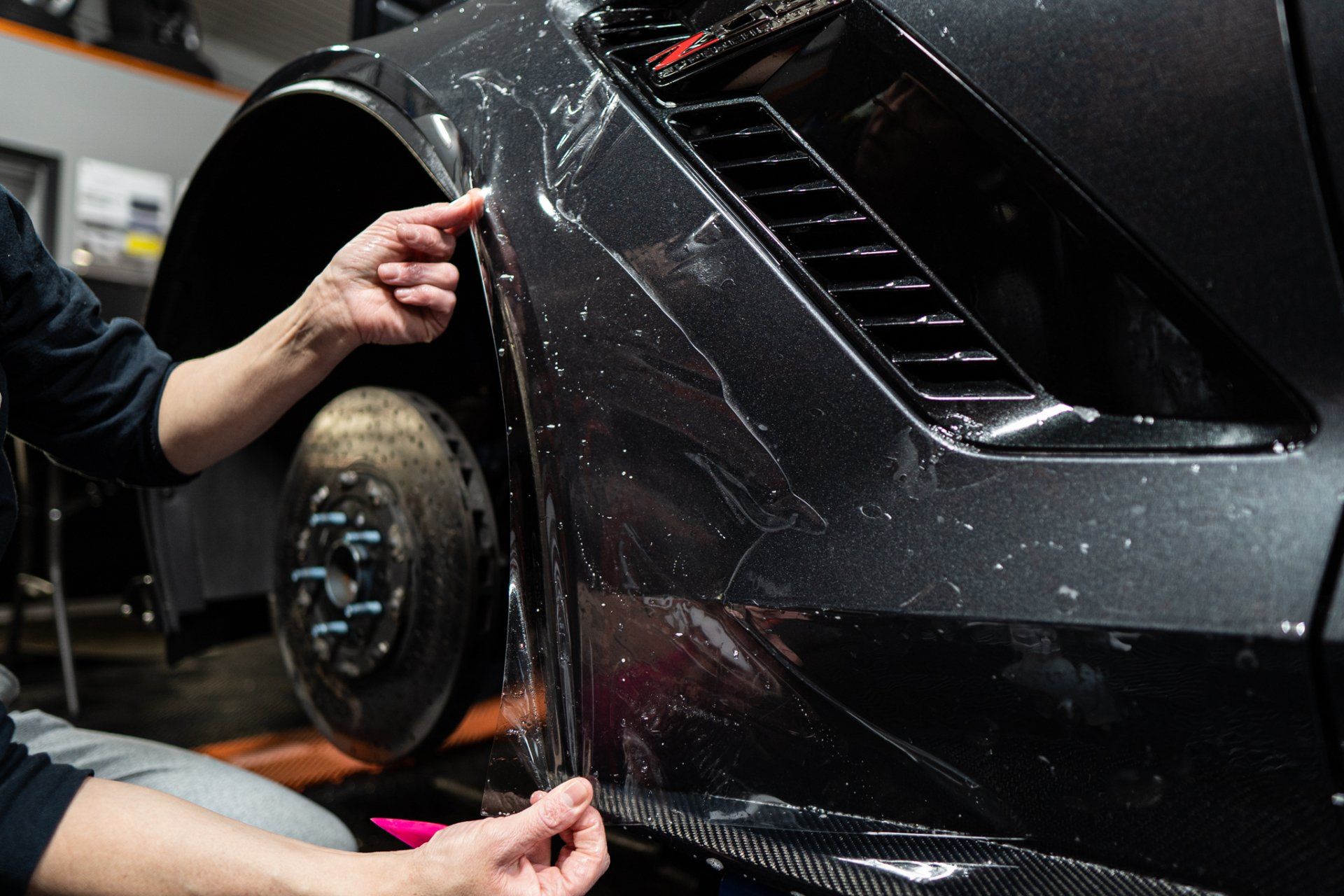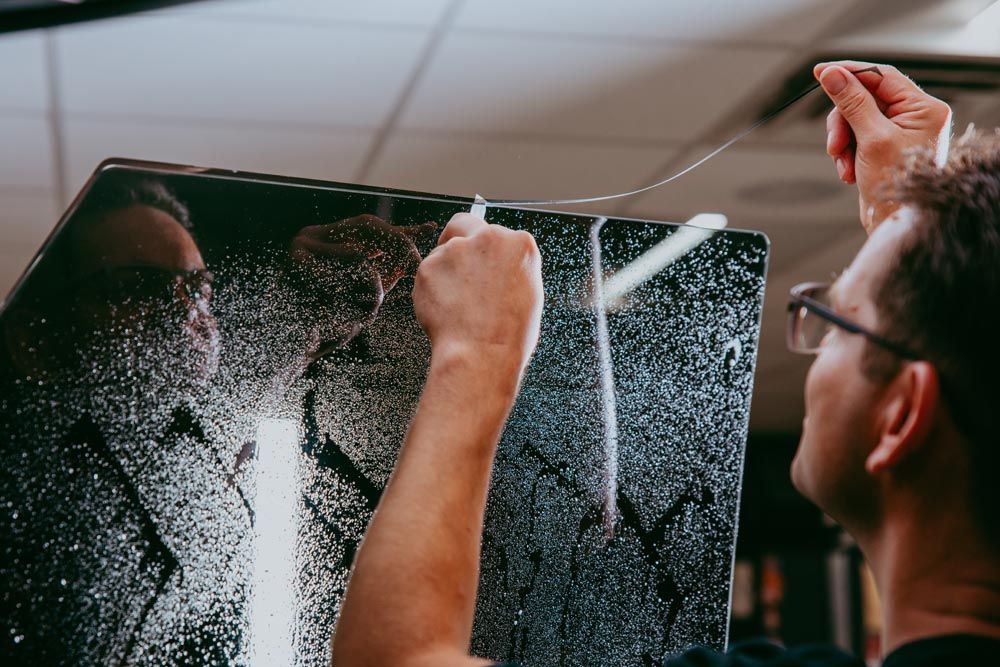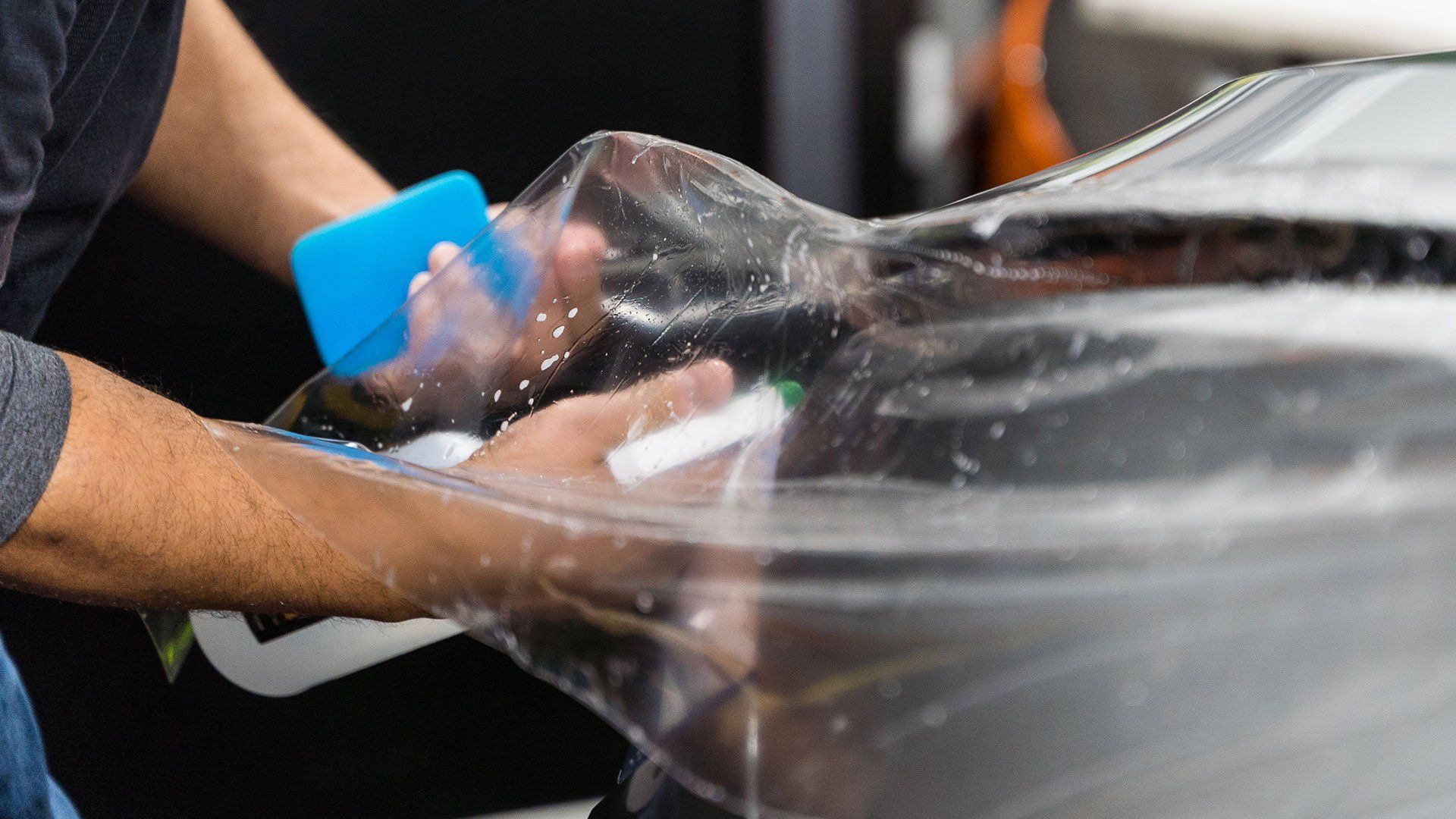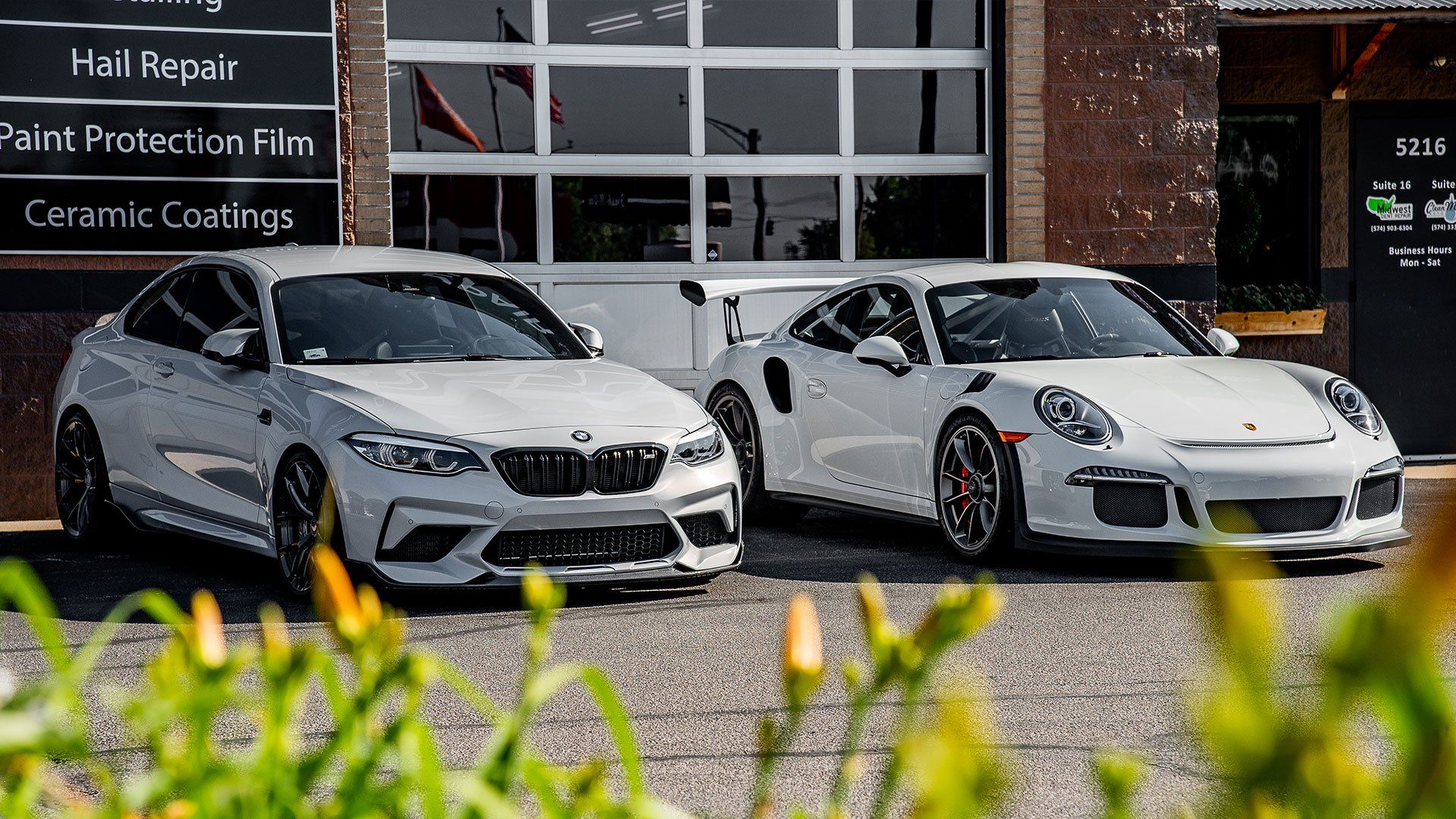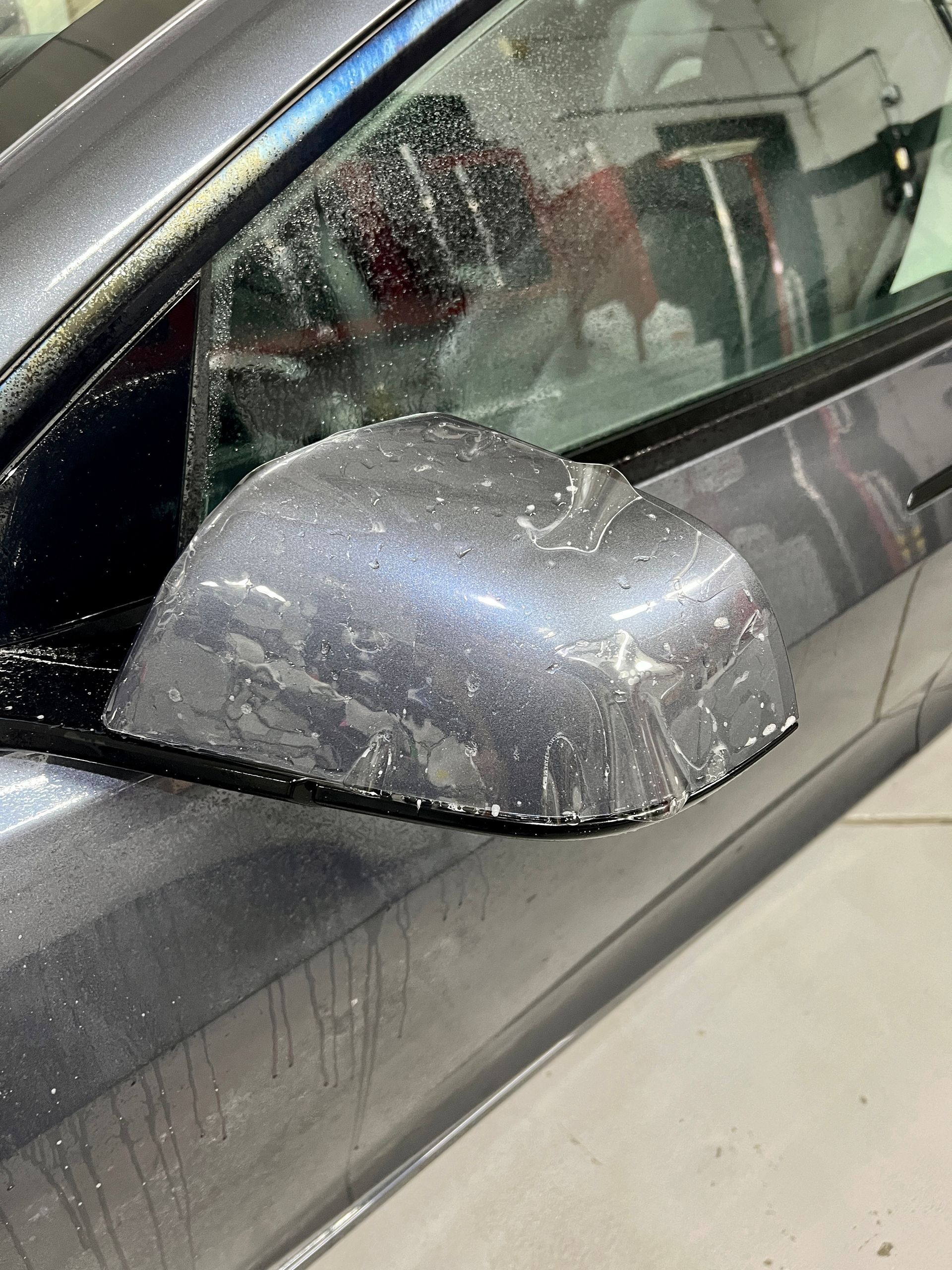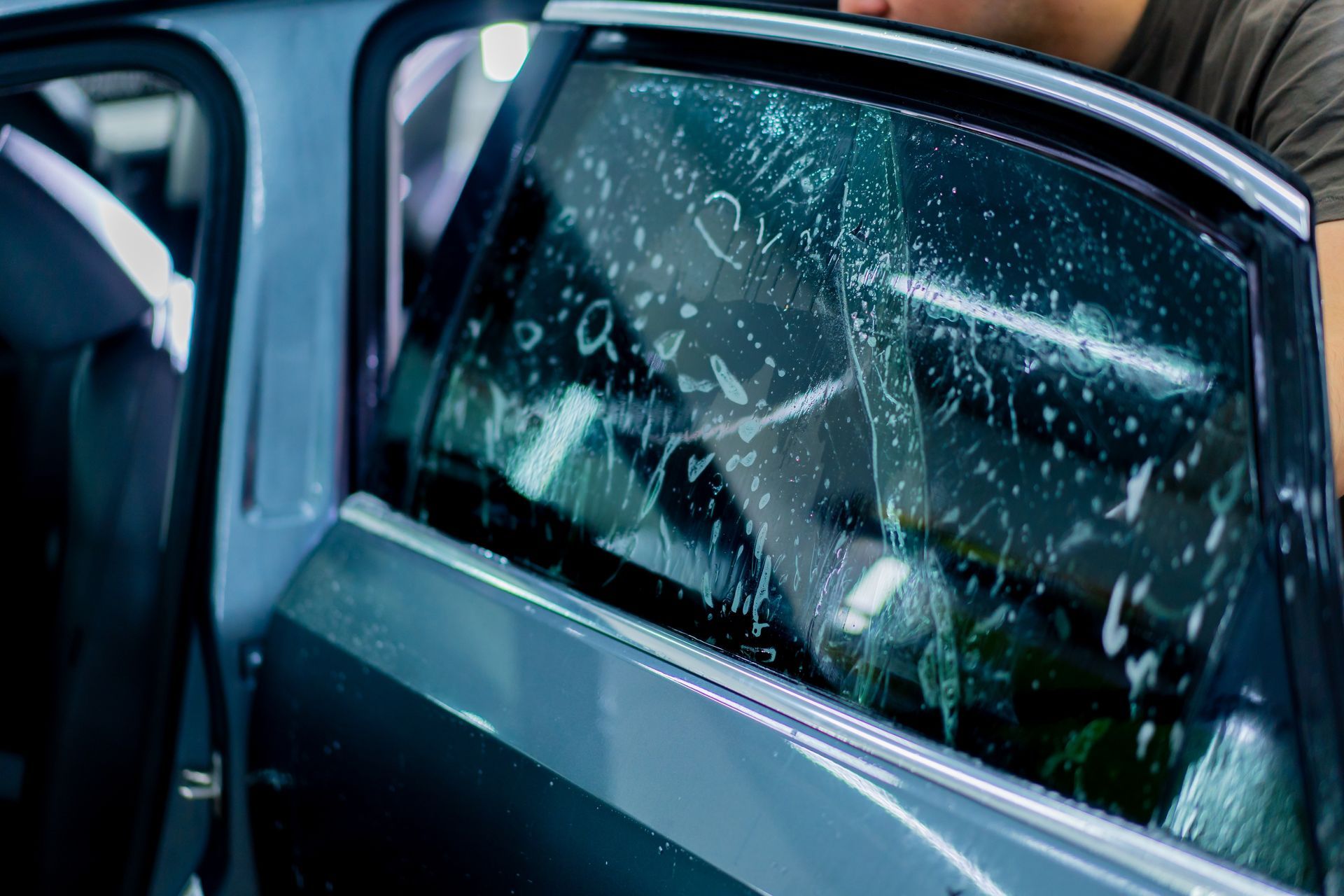Heat Rejection: How Quality Auto Tint Protects Your Vehicle from UV Rays
When you think about protecting your car, you might consider a good insurance policy or reliable tires. But what about the sun? That blazing star can cause serious damage to your vehicle and even to you. Quality auto tint is more than just a fashionable addition; it's a practical shield against harmful UV rays and relentless heat. Imagine stepping into your car on a hot day and being greeted by cool air instead of the usual sauna-like atmosphere. In this article, we'll explore how quality auto tint works, why it matters, and what you should look for when making your choice—ensuring you and your ride enjoy safer, more comfortable journeys for years to come.
The Science Behind Heat Rejection
To understand why certain window films are more effective than others, it's essential to appreciate the composition of solar energy itself. Solar heat comprises three primary elements: ultraviolet light, visible light, and infrared light. Ultraviolet light accounts for approximately 3% of solar energy but has significant impacts on skin damage and interior fading. Visible light, which includes the spectrum we can see, constitutes about 44% of solar heat, while infrared light makes up around 53%.
When sunlight streams into a vehicle, all three elements influence the internal temperature and overall comfort. This is where quality auto tint comes into play; an effective film must tackle each aspect efficiently. Consider stepping into a car on a scorching summer day—the heat feels overwhelming not just because the sun's rays are entering your vehicle, but because those rays carry varying components of energy. Quality tint addresses this comprehensive problem. Total Solar Energy Rejection (TSER) quantifies how much sunlight a window film can block. For example, if you have a window film with a TSER rating of 50%, it effectively rejects half of the solar heat that would typically enter your vehicle. This metric provides a straightforward way for consumers to gauge the performance of different tints. High-quality films often achieve impressive TSER ratings, striking an admirable balance between performance and visibility.
Impact of UV Radiation on Vehicles
While standard automobile glass can block most UVB rays, it allows a considerable amount of UVA rays to penetrate. This means that every time you climb into your car, you're exposing yourself and your vehicle to harmful radiation.
- Interior Damage: UV rays can cause significant damage within your car over time. These rays lead to fading and cracking in vital materials such as plastics, leather, and fabric upholstery. Prolonged exposure results in unsightly discoloration or, worse, permanent deterioration of your car's interior surfaces. This isn't just an aesthetic concern; it can lower your vehicle's resale value dramatically. Quality auto tint acts as a safeguard against these deteriorating effects, effectively extending the lifespan of your vehicle's interior. A good window film serves as a shield, significantly reducing internal temperature rise by blocking harmful UV radiation.
- Health Risks: UVA rays account for approximately 95% of the UV radiation reaching us, penetrating deep into our skin and causing long-term damage. This includes premature aging and an increased risk of skin cancer—a serious health concern for anyone who spends considerable time driving. Installing high-performance window films can effectively filter out up to 99% of these harmful UV rays. This not only creates a more comfortable driving experience by limiting excess heat but also protects your skin from potential risks associated with prolonged exposure. By investing in quality auto tinting, you're enhancing your car's aesthetics while protecting yourself and your passengers from unseen dangers.
Mechanisms of Heat-Blocking Tint Films
Quality tint films use advanced technologies to effectively block heat from entering your vehicle, keeping it cooler and more comfortable. One critical component in this battle against heat is infrared rejection. Infrared light constitutes a significant portion of solar energy, and its effects manifest as heat inside the car. Films made from ceramic or multi-layered optical materials excel at mitigating these infrared rays. They are engineered with specialized properties that allow them to selectively deflect infrared light while maintaining excellent visibility through your windows. This selective targeting means you can enjoy a clear view without worrying about temperature rise on hot sunny days.
Reflective coatings also play a crucial role in blocking solar heat. These incorporate fine layers of materials that create a mirror-like effect, bouncing solar energy away before it can penetrate the glass. This extra layer acts as a shield, reducing both heat gain and glare inside the vehicle. High-end products often use such films because they provide an effective balance between aesthetics and practicality.
Evaluating Tint Quality and Materials
Not all tints are created equal, and a key component in assessing quality lies in material composition. For reliable performance, look for films that use high-grade polyester substrates. These substrates provide a strong foundation for the film and are typically combined with specialized coatings designed to block harmful ultraviolet rays and reflect infrared heat. Reputable certifications from organizations such as the International Window Film Association add an extra layer of confidence to your choice. Films that carry these certifications are rigorously tested for various attributes, including durability, optical clarity, and effectiveness in rejecting heat. When you opt for certified films, you're ensuring they meet specific performance standards and will perform consistently over time.
Benefits of Temperature Control
Controlling your vehicle's internal temperature has numerous advantages that extend beyond simple comfort. High-quality auto tint can maintain a significantly lower temperature inside your car, making your ride much more pleasant. Window films can reduce the interior temperature substantially, which provides huge relief during scorching summer months. This temperature control plays a considerable role in efficiency. Quality window films alleviate the workload on your vehicle's air conditioning system, translating to improved fuel efficiency. Over time, this results in savings on fuel costs and fewer visits to the pump.
Beyond personal benefits, there's also an environmental impact worth considering. Reduced reliance on air conditioning means fewer CO₂ emissions released into the atmosphere. Over the lifespan of a vehicle, these reductions contribute to a decrease in your total environmental footprint. This makes opting for window tinting not merely an aesthetic choice but a responsible one. Furthermore, maintaining a cooler interior protects your vehicle's upholstery from fading and cracking due to sun exposure. Automotive interiors can suffer damage from heat and UV rays over time, leading to costly repairs or replacements. Quality auto tint can significantly reduce interior fading and cracking, thus extending the life of materials like leather and synthetic fabrics.
Enhancement Beyond UV Protection
High-performance window tints not only keep your vehicle cooler but also significantly minimize glare from the sun and headlights from oncoming traffic. The right tint filters out blinding reflections, enhancing both visibility and driving experience. While darker tints can provide more glare reduction, they must comply with state regulations to avoid legal complications. Window films also provide added security. Tinted windows act as a barrier against prying eyes, making it more difficult for potential thieves to see valuable items inside your vehicle. This sense of privacy can be particularly important in urban environments where break-ins are more common.
Additionally, many high-quality tints come equipped with tear-resistant layers that bolster security features. In the event of an accident, these specialized films help hold shattered glass together instead of allowing it to scatter, which can be dangerous. This enhancement offers peace of mind knowing that the film protects you from UV rays and could also mitigate injury risks during unfortunate events.
Choosing the Best Tint for Your Car
Selecting the right window tint involves considering multiple factors for your vehicle's comfort and longevity. A well-chosen tint significantly impacts both the appearance of your car and how it feels inside. Start by familiarizing yourself with local laws regarding window film regulations. Each area has different rules about how dark your window tint can be and which windows can be tinted. While darker tints might provide superior heat rejection benefits, they might not be permitted everywhere. Always check the permissible tint levels for your specific area before committing to a purchase.
Next, evaluate your individual needs. Think about UV protection—it's crucial for preserving your vehicle's interior and protecting you and your passengers from harmful rays. Look for films that offer high-level UV blockage; many premium options can filter out up to 99% of UV rays. Consider heat rejection and focus on Total Solar Energy Rejected ratings suitable for your climate. If you live in a particularly hot area, investing in a film with superior heat rejection capabilities could greatly enhance your driving experience, keeping the interior more comfortable even under intense sunlight. Finally, think about aesthetics and privacy. Many drivers appreciate the additional sense of security tinted windows provide. However, remember that certain styles may draw attention if they don't comply with regulations.
Quality auto tint offers comprehensive protection that goes far beyond aesthetic enhancement. By blocking harmful UV rays, reducing heat buildup, and providing additional security benefits, professional window tinting represents a smart investment in your vehicle's longevity and your personal comfort. Whether you're concerned about protecting your interior from sun damage, reducing your carbon footprint, or simply enjoying a cooler, more comfortable ride, the right window tint can deliver measurable benefits that justify the investment. When selecting auto tint, prioritize quality materials, proper certifications, and compliance with local regulations to ensure you receive maximum protection and value for years to come.
Expert Window Tinting Services in Bristol, IN
Experience cooler rides and lasting comfort with High-Def Detailing’s
professional window tinting services in Bristol, IN. Our premium films reduce glare, block harmful UV rays, and enhance privacy while giving your vehicle a sleek, refined look. Whether you’re aiming to protect your interior or improve temperature control, our team ensures flawless application and lasting performance. Keep your drive protected and stylish year-round—schedule your window tinting appointment with High-Def Detailing today!

